“Charlie” had been trying to break into the television market for years. An accountant at a small entertainment CPA firm, he often found himself resentful of the successful writer clients who weren’t half as talented as he was. Each evening he would spend typing out his spec scripts and sending them off, hoping that one day — one day — he might get his break.
When he first came to see me, he seemed distraught and displayed signs of acute anxiety. He emptied a bag of scripts onto the table and plopped himself down on the sofa.
“I’ve been at this game for years,” he lamented. “I’ve been working at it really hard and I just can’t get my break.”
“Why do you think that is?” I asked.
“I haven’t a clue.”
“That’s quite a stack of scripts. You must write a lot.”
“Every day.” He picked up one from the top of the stack. “I just finished the best spec script I’ve ever written.”
“Good for you,” I replied. “What is it?”
“It’s a Gilligan’s Island.”
At first I thought he was pulling my leg, but he seemed to take genuine pride in his accomplishment. Nevertheless, I prodded him.
“Did you say Gilligan’s Island?”
He held the script out. Sure enough, on the cover were the words: “Gilligan’s Island,” with the patient’s name centered carefully underneath. “I don’t want to give away the plot, but basically, the castaways are just about to be rescued and Gilligan does something to screw it up.”
I looked at Charlie as if he had just landed on earth from the Heaven’s Gate UFO. “Now, I don’t profess to know everything about the television business, but is it wise to write a spec script for a thirty year old show?”
“No one cares. They only want to see how well you can write the characters.”
“Where did you hear that?”
“One of those seminars. You know, ‘How to Break into Sitcoms.’ And if I may be unmodest for a moment, I really aced the characters. You can really visualize them saying these lines. Except for Mary Ann. I really had trouble getting into her character, so I killed her off. And the Howells catch a virus that renders them temporarily mute, so I didn’t have to write too much dialogue for them.”
“I see. What else have you written?”
“Well, I’m just finishing up an I Love Lucy.”
“Of course you are.”
“Man, it’s so funny. Ricky brings home a new laptop computer, and he won’t let Lucy use it. Meanwhile, Fred secretly starts a website for swinging couples. I still need an ending.”
I turned to him and spoke in a soothing, but direct manner. “Perhaps if you tried writing for a more contemporary program…”
He thought for a moment. “I have a Mad About You.”
Okay, I thought. That show was current within the last two decades. Now we’re getting somewhere. “Tell me about it.”
“The Paul Reiser character gets hit by a car and dies, and Jamie marries somebody else — another comedian. I’m thinking Paul Rodriguez; he hasn’t done a sitcom for awhile and we can bring in the whole ethnic element.”
“You think it’s wise to change the format of the show like that?”
“Who’s changing the format?” he protested. “I’m just replacing one of the characters. It’s still the same format. A married couple. Only now, one of them’s Hispanic, which opens the door to a wider array of amusing situations. An I Love Lucy for the nineties. What do you think?”
I hesitated to ask, but knew, if I were to be effective at all in his treatment, I must continue the inquiry. I took a deep breath, braced myself and inquired: “What else do you have?”
“Here’s an episode of Friends. It’s fifty years in the future, they’re all old and kind of saggy, but they live in the same building.”
“But the actors in the show are all young people.”
“Aha!” he retorted, bouncing up and down on the sofa like a child. “Characters in television age faster than in real life.”
“So, would you get older actors to play the parts, or would you put the cast in old age make-up?”
“Neither. You wait fifty years before filming the episode. That way, you can use the original cast. Save money on auditioning new people.”
“What else do you have?”
“I wrote a spec Dateline.”
“That’s a news program.”
“They still need scripts. In this episode, Jane Pauley banters with Sam Donaldson.”
“He’s on a different network.”
“Not in my episode. In my episode, all the networks have merged into one huge conglomerate. You think it’s okay that I have her speaking with a French accent?”
“Jane Pauley doesn’t have a French accent.”
“Then they’ll have to cast someone who does. Maybe Robin Williams. He can do Jane Pauley in a French accent. Man, I gotta write that down.” He scribbled a few notes onto the script cover. Fortunately, our time was up.
“I think our time is up,” I told him. “I’ll see you next Thursday.”
“You think you can help me? You think I’ll ever break into television?”
“Given time, anything’s possible.”
“Thanks, Doc.” He loaded up his scripts and departed.
A few moments later, I realized he had accidentally left his Gilligan’s Island script. Was it really an accident? Or was he seeking my approval of his talent? I picked up the document and began reading. Halfway through the story, Mary Ann was killed off, the Howells contracted a virus that rendered them mute and Gilligan did something to screw up their chances of being rescued. To be honest, it was a very well-written, humorous script. And yes, I could visualize the characters saying these lines. There was the Skipper, rotund and chipper, slapping his hat at Gilligan’s whimsical antics. I could hear the professor, babbling on about some pseudo-scientific discovery. Ginger was as sexy as ever, and Mary Ann — alas, poor Mary Ann.
The kid had talent, no doubt, yet something prevented him from attaining his goal. Often, in these cases, it is a matter of self-sabotage. The client subconsciously makes decisions that are completely counter to his goals. In this instance, it wasn’t clear at all, but given time and a continuation of therapy, I am confident we can unlock the reasons together, and Charlie can lead a fulfilling life as a staff writer.

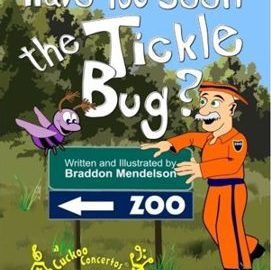
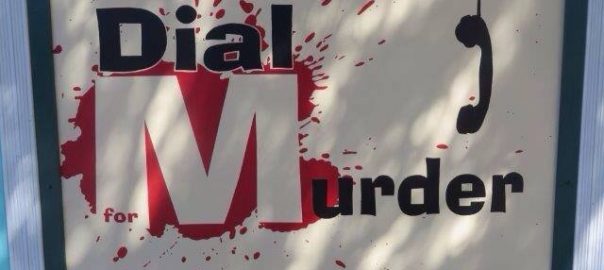
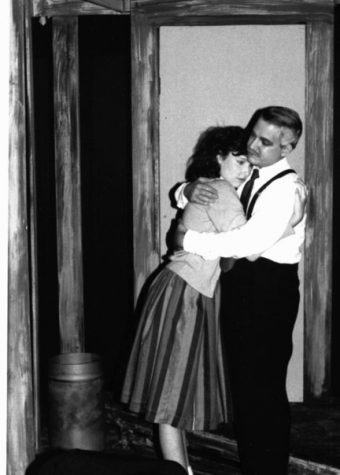
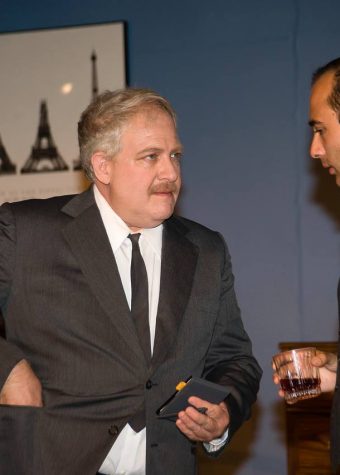
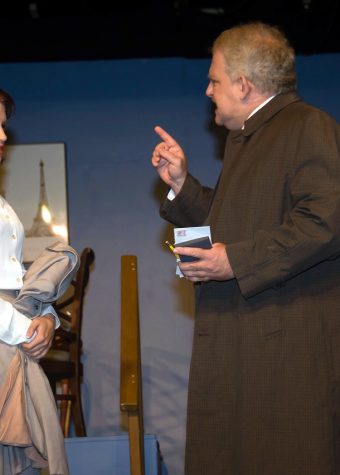
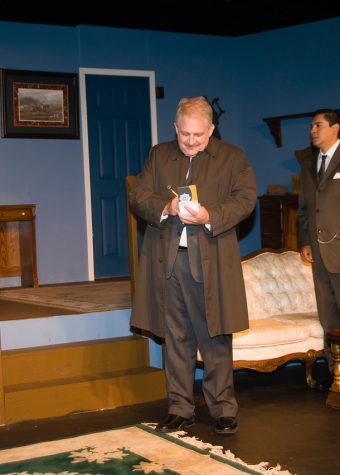
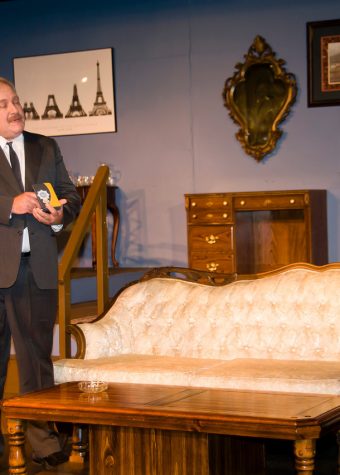
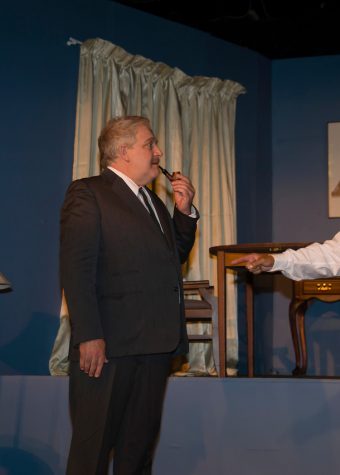

 Media pundits and the general public have long been at a loss to explain the rise of the Tea Party over the last couple of years. Outsiders have pondered whether or not it is actually a third party, in and of itself, or just a branch of extremists within the Republican ranks.
Media pundits and the general public have long been at a loss to explain the rise of the Tea Party over the last couple of years. Outsiders have pondered whether or not it is actually a third party, in and of itself, or just a branch of extremists within the Republican ranks.